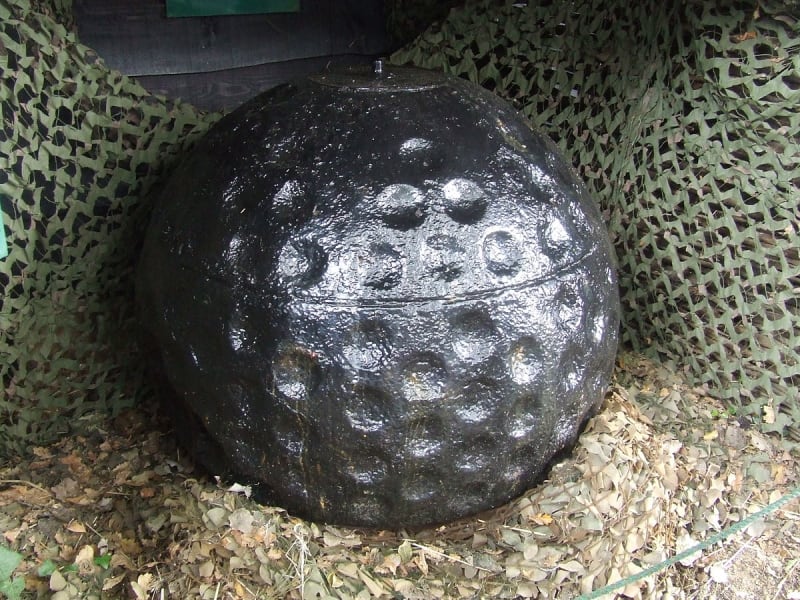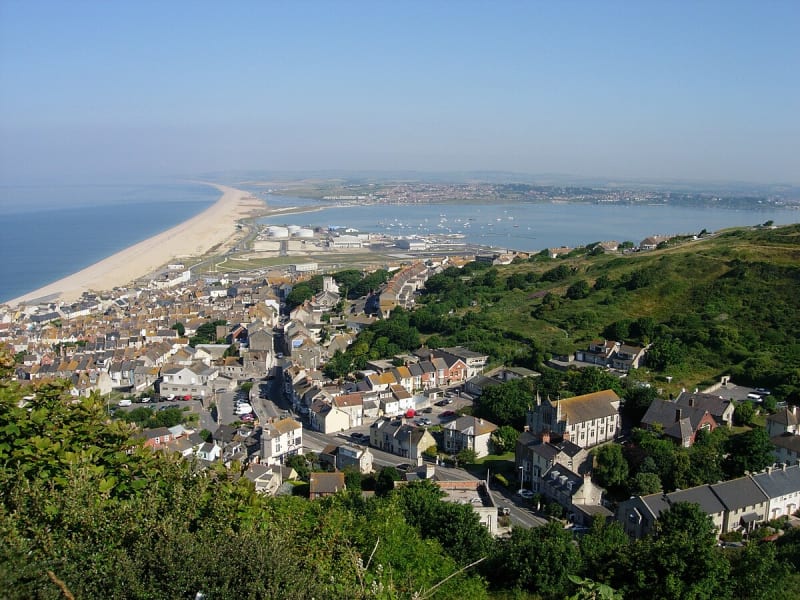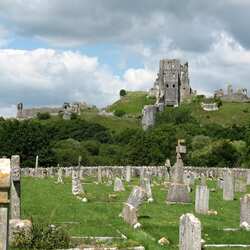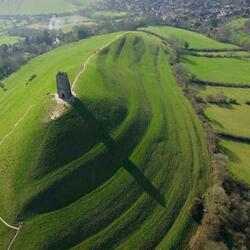Chesil Beach
Chesil Beach is a barrier beach with a length of almost 30 km, stretching from West Bay to Portland and is one of the most iconic attractions in Dorset. The extensive pebble ridge is considered part of the World Heritage Site. The view of Chesil Beach from the coastal road above Abbotsbury was recognized by the British magazine Country Life as the third best view of the UK.
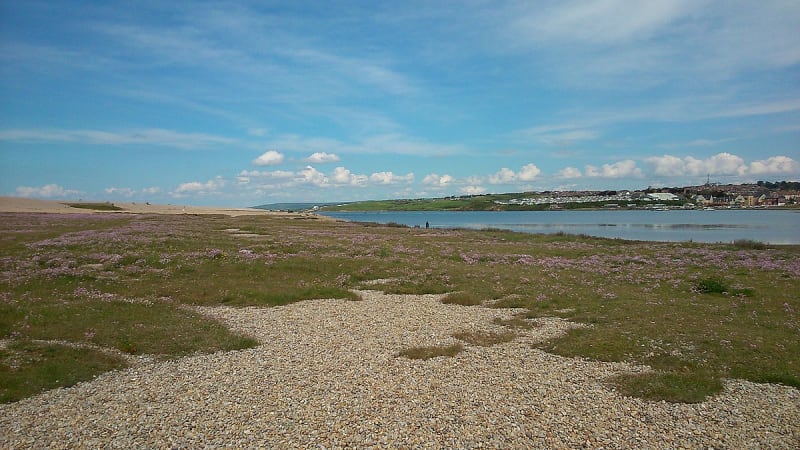
Harsh climate
Unlike the golden sands of Weymouth, Chesil Beach is not a typical British beach with striped sun loungers and pastel-colored beach huts, but wild, harsh and at the mercy of Mother Nature. The author, John Fowles, perfectly captures the landscape of Chesil in his famous quote: "It's a natural place made up of sea, pebbles, and sky, dominated by the sound of waves." Pebbles on Chesil Beach range in size from potatoes near Portland to the size of a pea in Bridport, and consist primarily of flint. It is believed that the smugglers who landed on the beach at night could judge their location along the coast by simply picking up a handful of pebbles.
Popular lake
Behind Chesil Beach is a large salt lake known as Fleet Lagoon, one of the few remaining untouched salt lagoons in the world. The Fleet is an important natural habitat for many species of wild animals and is the best place to see small herons, dark white-haired geese and common greenfinches.
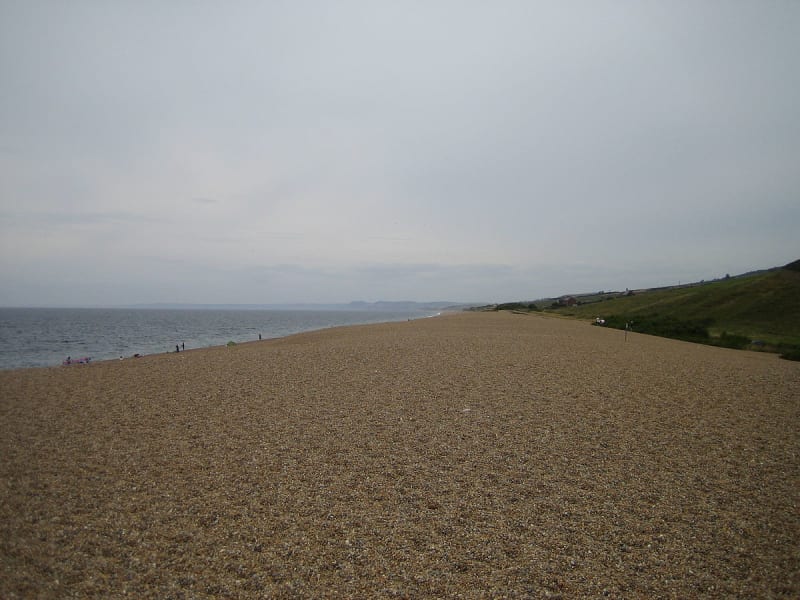
The lagoon is home to a colony of hissing swans in Abbotsbury, the only place in the world where you can walk around the breeding colony. The lake is considered one of Dorset's most popular tourist attractions. This area is not only a wildlife refuge, but also one of the places where a bouncing bomb was tested during the Second World War. Evidence of the defensive role of Chesil Beach in the war can still be seen in the form of old anti-tank blocks and the remains of concrete pillboxes.
Marine wealth
Chesil Beach is a fishing paradise, and West Bexington is one of the most popular destinations. There is a unique strip of solid sand right by the shore, offering fantastic opportunities for mackerel fishing. In the summer months, the coast is dotted with fishermen and their families cooking their catch over a campfire. Nature rules here, and the dramatic landscape has inspired many writers, the most famous of whom was Ian McEwan, who wrote "On Chesil Beach" and "Moon Fleet" by J. Meade Faulkner.
